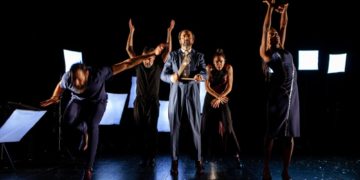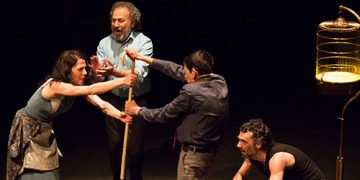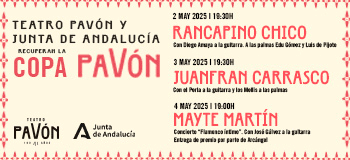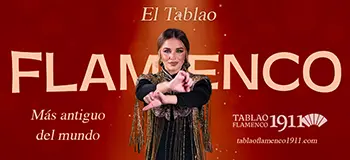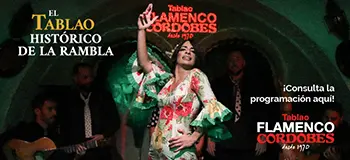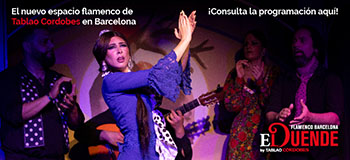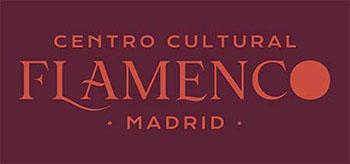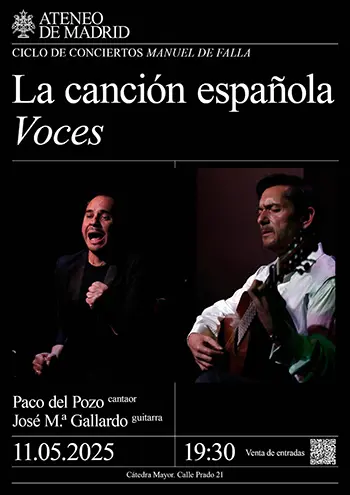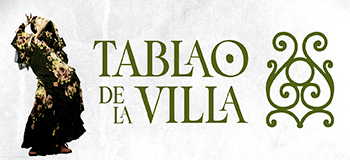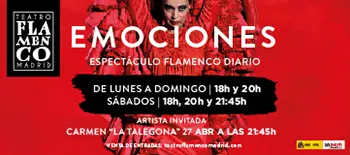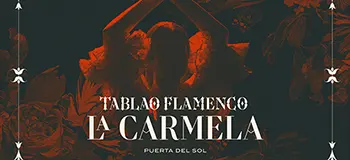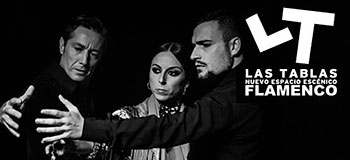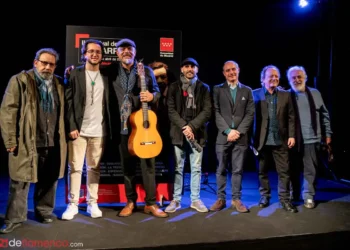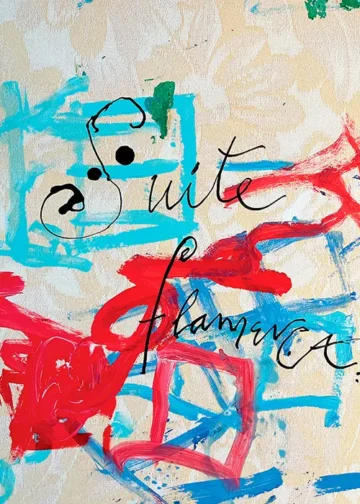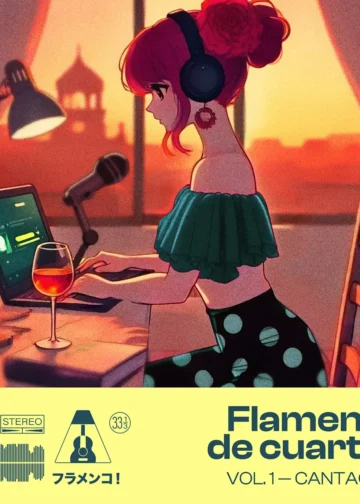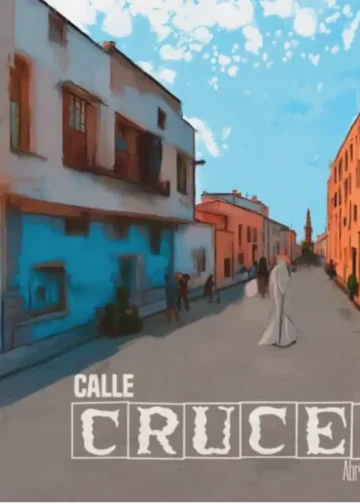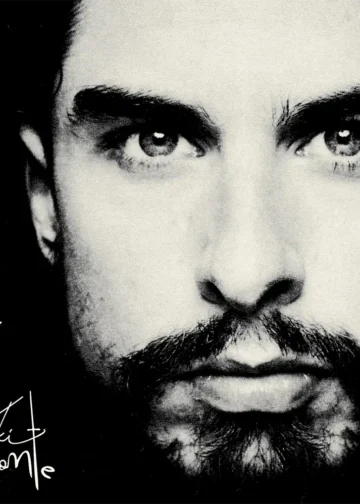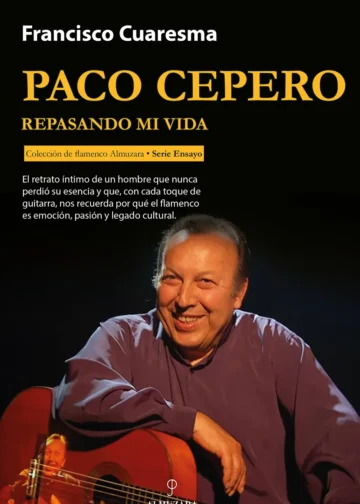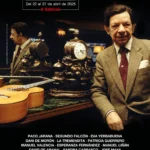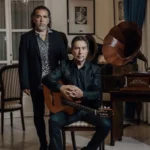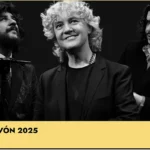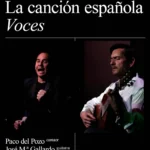|
Marcos Vargas & Chloé Brûlé
“TI-ME-TA-BLE” Programa de mano (PDF) September 12th, 2008. 9:00pm Teatro Central |
||
|
SPECIAL BIENAL DE FLAMENCO DE SEVILLA 2008 Dance: Marcos Vargas & Chloé Brûlé. Staging: Antonio Campos. Music: Raúl Cantizano and Diego Amador. Cante: Juan José Amador Text: Juan Diego Martin Cabeza Someone, someday, somewhere, maybe, will stop to take note of the subtleties, big and small, that make flamenco so attractive for languages, proposals, ideas and emotions like the ones supplied by these two dancers. Bienals come and go, but it behooves us to reflect on what changes, and what continues to change from the aesthetic point of view. Interpreters will always be trying new things to express their perspective or means of achieving an end. Above all else, there has to be something to tell. Something to think about, upon which to create and dance about…that something in this work is time. And just what is time? As long as you don’t ask me, I know, and if you ask, I don’t. Without giving a hasty answer that would ruin everything, and going through all the possible visible explanations, the two dancers work out a personal philosopy of time from its mythological origin, passing through the primal fear of death, the religious and natural cycles, and the very relationship with the past, with what we are, and what we were. Then, we have the solid, fresh, original staging. Antonio Campos opens an immense space where three people move, filling every corner…to dance time requires a “tempo” the director doles out bit by bit, always offering something new. He risks a lot, because singer Juan José Amador is stripped to a minimum, with no more accompaniment than his palmas, his feet and his shadow. But in that nudity, in that solitude of a singer facing the dancers, time and compás, we realize this is one fantastic actor who is never out of place, and who transcends the unfair label of “back-up” singer, to become the indispensable element that makes everything flow on stage, both what is seen, and not seen. Marcos and Chloé dance like two bodies wishing to be one. Because at the beginning, time (him) and necessity (her), come together as they always have, to remember what they were via what they are going to be. In this way, the bata de cola, whose responsibility in the development of dance has always been charged with moral and aesthetic imperatives, flies freely expressing different things by different dramatic means. And everything that needs to be said… Because Chloé Brûlé dances with the bata de cola in a way never before seen. It’s a very personal, original and expressive dance. Diego Amador’s performance exponentially raises the emotional capacity of everything we see. The recorded musical compositions are very good, but this opportunity to see a dance interpreted to this musician’s piano is unequalled. Perhaps for this reason, we were also moved when Tía Encarna (another Amador), is heard on an old recording to relieve Juan José in a bulerías song of the kind you just want to keep listening to in a never-ending loop. Once again, it’s playing with time in an intelligent stage-savvy way. This is a work to be accepted without prejudices. Flamenco, modern dance, music and theater are at the service of an idea, and of a daring but well-served imperative. |



 XV BIENAL DE FLAMENCO DE SEVILLA
XV BIENAL DE FLAMENCO DE SEVILLA 
